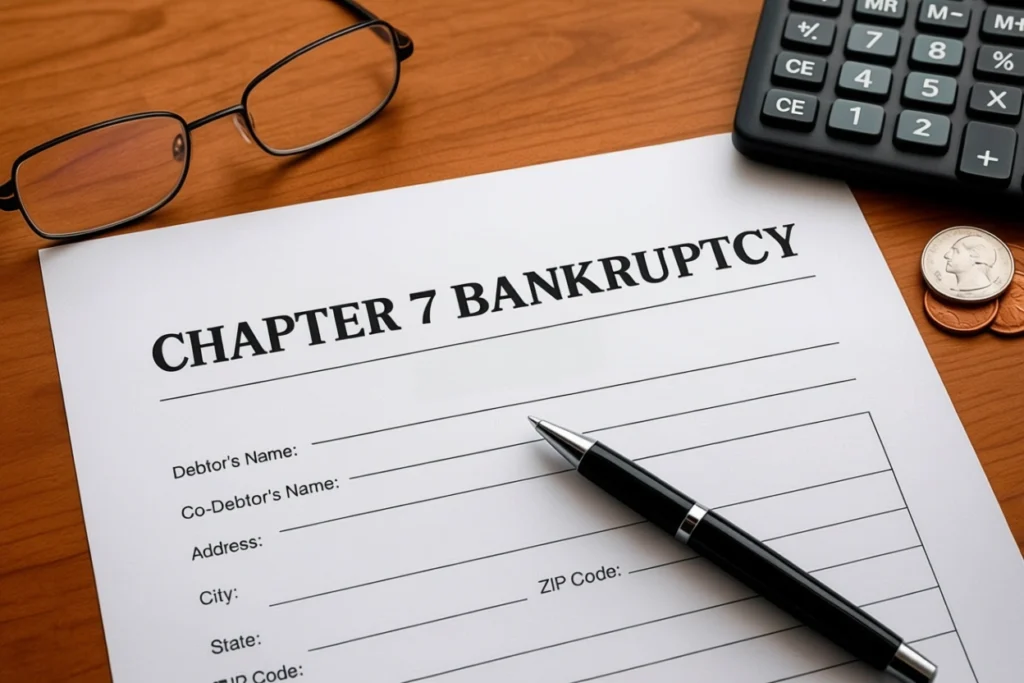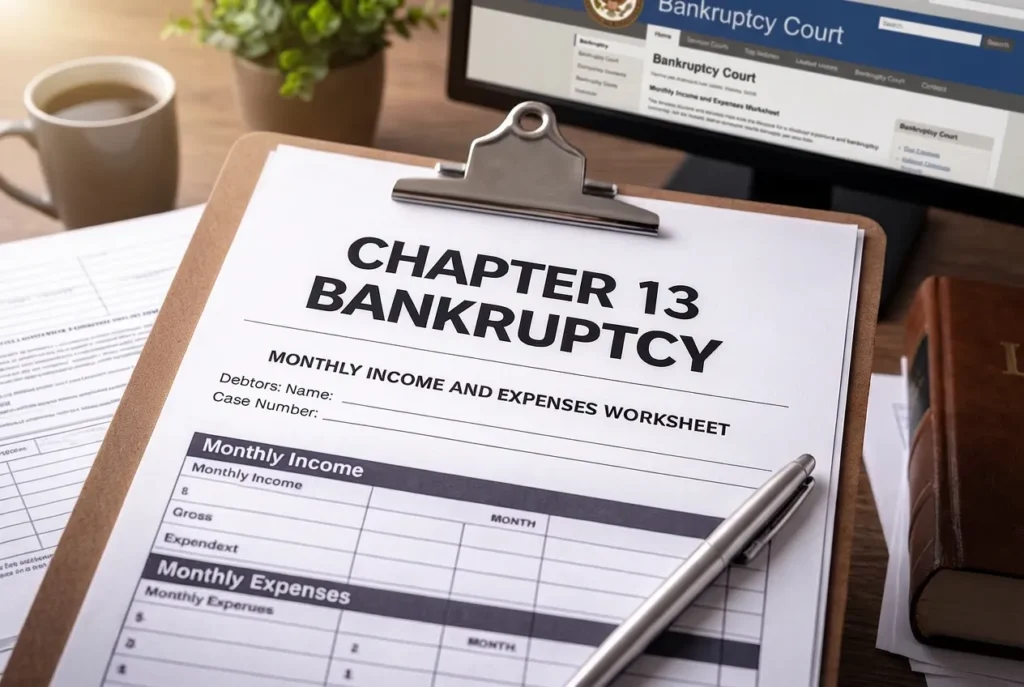Bankruptcy is often viewed as the end of the road—but for many, it’s actually the start of a new beginning. Whether you’re overwhelmed by credit card debt, behind on your mortgage, or facing wage garnishment, knowing your options under the U.S. Bankruptcy Code can help you regain control of your finances. Chapter 13 vs Chapter 7 Bankruptcy can feel confusing if you’re unsure which option best fits your financial situation. Here’s what each means for your future.
Understanding Bankruptcy Basics
Bankruptcy is a legal process that helps individuals and businesses eliminate or reorganize debt under federal law. In Texas, residents typically file under Chapter 7 or Chapter 13 depending on their income, assets, and financial goals.
Chapter 7 focuses on liquidation—clearing qualifying debts for a fresh start. Chapter 13 centers on repayment—allowing filers to catch up while keeping property. Both offer immediate relief through the automatic stay, which stops creditor harassment and collection actions.
Chapter 7 Bankruptcy: Fresh Start Through Liquidation
Chapter 7 is often called “straight bankruptcy.” It’s designed for people who don’t have enough income to repay their debts. A means test determines eligibility by comparing your household income to Texas’ median level.
Nonexempt assets (such as certain luxury items) may be sold to repay creditors, but many filers keep most of their property through Texas exemptions—including homestead and personal property protections. The process is relatively quick, usually taking four to six months, and it can wipe out unsecured debts like credit cards, medical bills, and personal loans.
However, not all debts can be discharged. Student loans, child support, and certain tax obligations generally remain.
Chapter 13 Bankruptcy: Repayment for a Second Chance
Chapter 13, also known as “wage earner’s bankruptcy,” is built around a structured repayment plan lasting three to five years. This approach is ideal for individuals who have a steady income but have fallen behind on payments.
Under Chapter 13, you propose a plan to pay back part—or sometimes all—of your debts while protecting key assets like your home or car. It can stop foreclosure proceedings and give you breathing room to get current on past-due payments without losing your property.
Chapter 13 vs Chapter 7: Which One Is Right for You?
Here’s a simplified comparison:
| Factor | Chapter 7 | Chapter 13 |
|---|---|---|
| Primary Goal | Eliminate unsecured debts | Repay debts over time |
| Duration | ~4–6 months | 3–5 years |
| Keep Your Home? | Sometimes | Usually yes |
| Best For | Low income, few assets | Regular income, behind on payments |
If your goal is to wipe out debt quickly and start fresh, Chapter 7 might fit. If you need time to catch up while keeping your property, Chapter 13 may be the better path. Either way, having an experienced Texas bankruptcy attorney can help you understand eligibility, exemptions, and what’s best for your long-term financial health.
Ready to explore your options? Contact J. Brian Allen, Attorney at Law for a confidential consultation. With years of experience handling both Chapter 7 and Chapter 13 cases, our office will help you make informed decisions that protect your future.



FAQs About Bankruptcy in Texas
Can I keep my house if I file for Chapter 7?
It depends on your mortgage status and Texas exemption limits. Many filers retain their homes if payments are current.
How long does Chapter 13 bankruptcy last?
Typically between three and five years, depending on your income and repayment plan structure.
Will bankruptcy stop creditor harassment?
Yes. The automatic stay takes effect immediately upon filing and stops lawsuits, calls, and wage garnishments.
Legal Disclaimer:
The information in this article is provided for general informational purposes only and does not constitute legal advice. Reading this post does not create an attorney-client relationship with J. Brian Allen or his law office. Bankruptcy laws can vary based on individual circumstances and jurisdiction. You should not act or refrain from acting based on this content without seeking personalized legal counsel from a qualified bankruptcy attorney licensed in your state.

